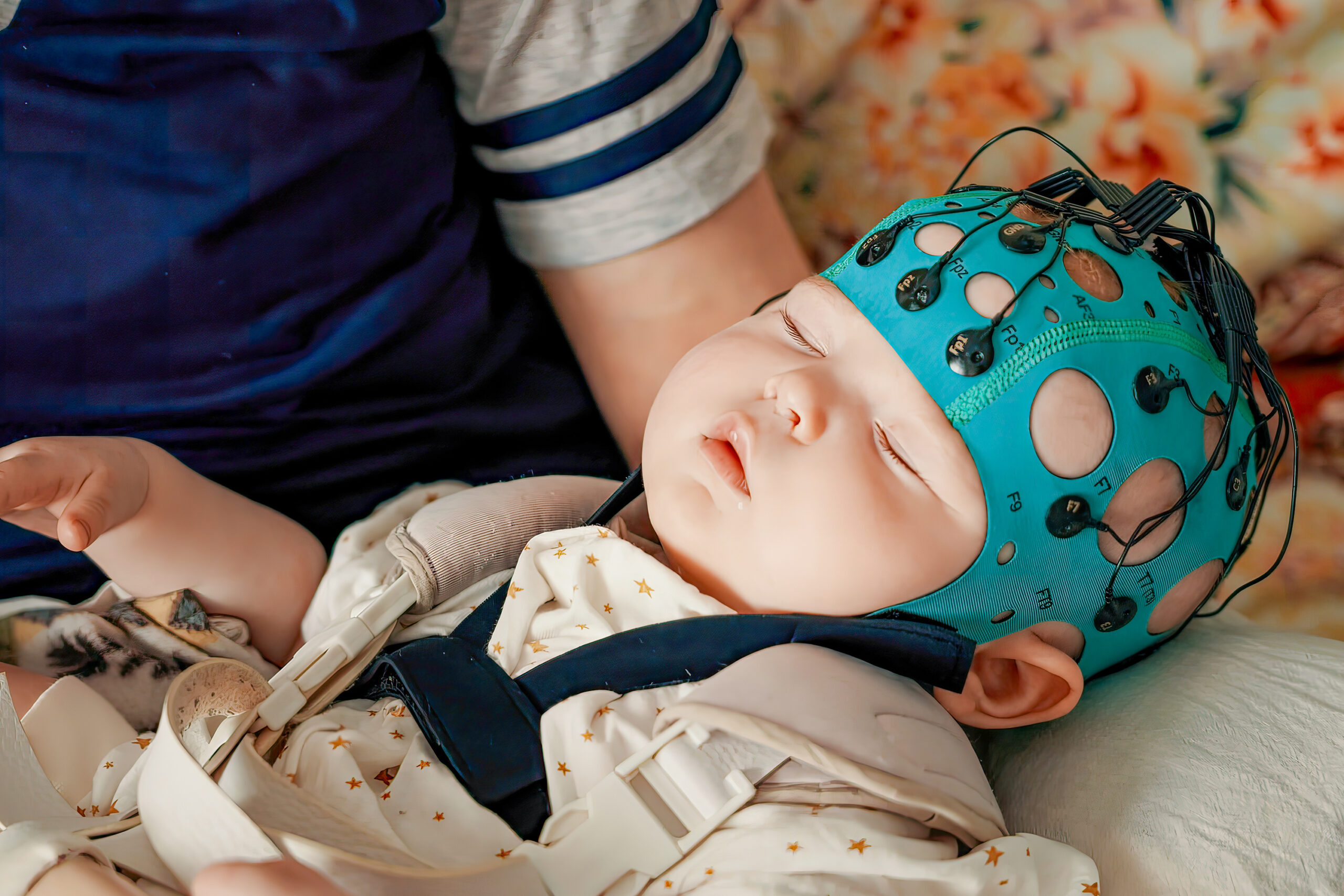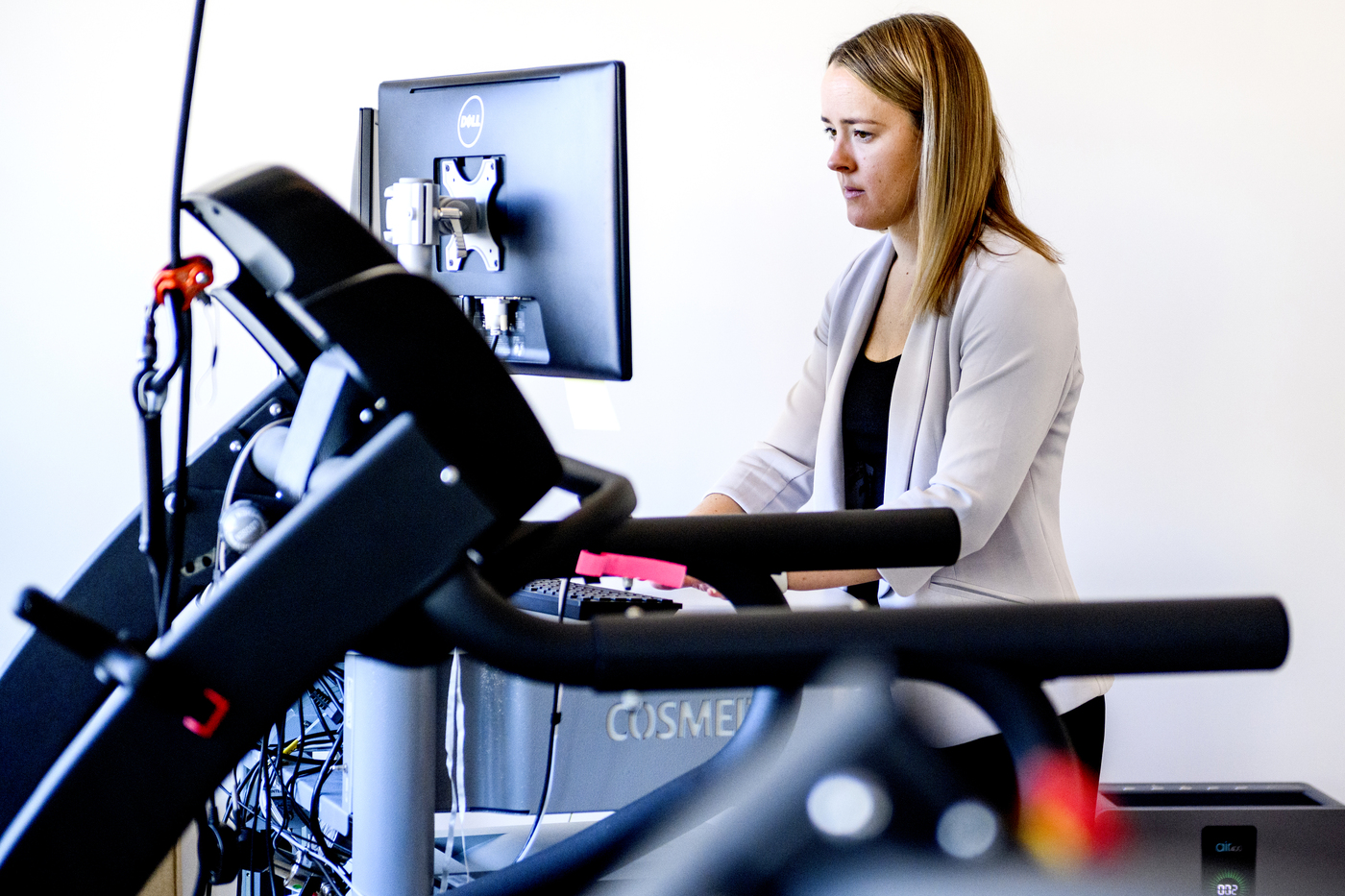Our Research Priorities
Within the Center for Cognitive and Brain Health, our different labs dedicate their research to understand how health influences brain and behavior as it relates to increased health and effective functioning in individuals. We design, implement, and assess various interventions from infants and children through older adults with patients and non-patients alike to enhance the cognitive and brain health and quality of life both in the United States and across the globe. Efficacy of these interventions are validated with state of the art neuroimaging techniques (i.e. MRI, fMRI, EEG, ERPs, fNIRS), computational models, and sophisticated behavioral paradigms.
Our interventions include, but are not limited to:
- Physical activity and exercise
- Intellectual engagement and cognitive training
- Mindfulness meditation
- Diet and nutrition
- The Arts, including dance, music, and theater
- Multi-modal and multi-site intervention trials
- Studies in the US, Europe, and Asia
Facilitating early treatment for autism
- 1/55 Children
- 4-5X faster to identify Autism
- Towards infant brain health check-ups
- Scalable Software
- Early Adversity


Personalizing treatments for mental health disorders
- Novel personalized closed-loop fMRI treatments for anxiety and depression
- Perceptual training as a means to improve vision in schizophrenia
- In-person and virtual Yoga training to reduce stress effects in mental illness
- Multi-modal mindfulness training and brain imaging to enhance function during mental illness
- Exercise training as a means to improve cognitive & brain function in autism and ADHD
The arts as therapy for Alzheimers Disease, Parkinsons and aging
- Integrating music-based interventions with Gamma-frequency stimulation: Implications for healthy aging.
- A social dance program enhanced white matter integrity and speed of processing of older adults
- Acting training improves cognition and neural network connectivity for older adults


Movement as therapy for lifelong cognitive and brain development
- Developing exercise (e.g. aerobic, strength, yoga) interventions to benefit cognitive and mental health across the lifespan
- Investigating structural and functional brain changes associated with exercise participation
- Understanding the value of exercise and its potential to impact quality of life for specific populations (e.g. children, post-concussion syndrome, depression, anxiety disorders, autism, ADHD, cancer survivorship, trauma)
